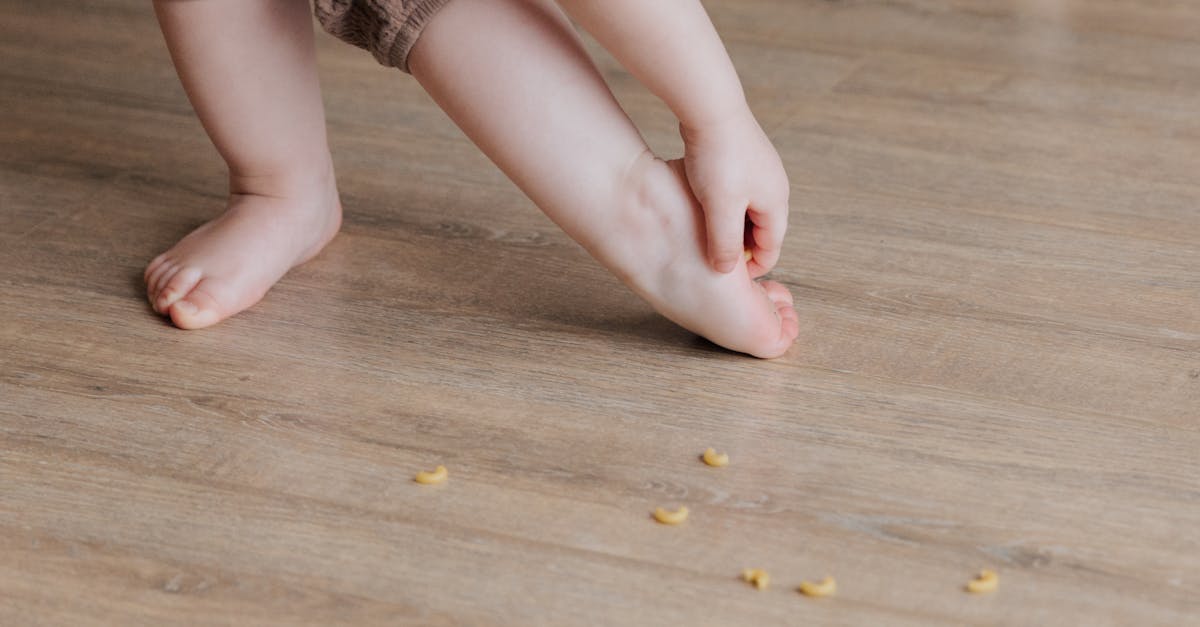Why Puppets Matter
Have you ever witnessed a baby’s eyes light up at a dancing puppet? Puppets may not seem groundbreaking, but they play a crucial role in newborn cognitive development. Puppets stimulate creativity, imagination, and cognitive skills. Babies, mesmerized by puppets’ movements and expressions, engage with the world uniquely. Puppets provide interactive play, enhancing development seamlessly. Yes, it’s that simple.

Boosting Baby’s Brain Power
Boost that adorable little brain with some puppet action! Did you know that puppet play increases neural activity, aiding brain growth? From eye-tracking to finger movements, every interaction with a puppet helps. This active engagement with visual and auditory stimuli boosts problem-solving skills in newborns. Puppetry is not just colorful entertainment; it’s a brain booster. So grab that puppet—your baby’s brain will thank you.

Cognitive Skills on the Rise
Puppets aren’t magic wands, but they work wonders in cognitive skill development. When babies follow the motions of a puppet, they develop motor skills. They learn to mimic expressions, enhancing their social cognition. Puppets help newborns grasp attention, memory, and sequencing—a trio of cognitive skills that are foundational for future learning. The puppet show is more than fun; it’s a classroom in disguise.

Emotional Benefits
We often think of puppets as mood boosters, but did you know they support emotional growth too? Watching puppets express emotions helps babies understand feelings. It’s an emotional roller coaster—in a good way! Puppets teach empathy and emotional regulation, essential traits for developing interpersonal skills. So, if your baby looks unusually captivated during puppet play, they might be learning how to feel!

Practical Puppet Play
Ready to introduce puppet play to your baby? Start simple. Use colorful puppets that catch their eye. Create short puppet shows with basic storylines to keep their attention. Narrate the puppet’s actions using varied tones. Don’t fret if you’re not a puppet master; your baby loves the interaction more than the perfection. Puppet play is more about bonding and learning than professional puppeteering.

Overcoming Challenges
Parenting isn’t all sunshine and rainbows, and puppet play may bring some challenges. Is your baby disinterested or scared of the puppet? It’s okay! Gradually introduce the puppet, letting the baby touch and explore it. Babies might not instantly connect. Patience is key! With a little persistence and creativity, you’ll overcome this puppet hurdle, making playtime joyous and development-friendly.

Parent Tips for Puppet Play
Feel like a puppet novice? Here’s some encouragement—you’ve got this! Use familiar stories or rhymes. Switch up the puppet’s voices with funny accents; you’ll get giggles and glances. Pay attention to your baby’s cues; if they seem engaged, keep going! Puppets aren’t about perfection but connection and development. So, give yourself a pat on the back and get those puppets moving!

